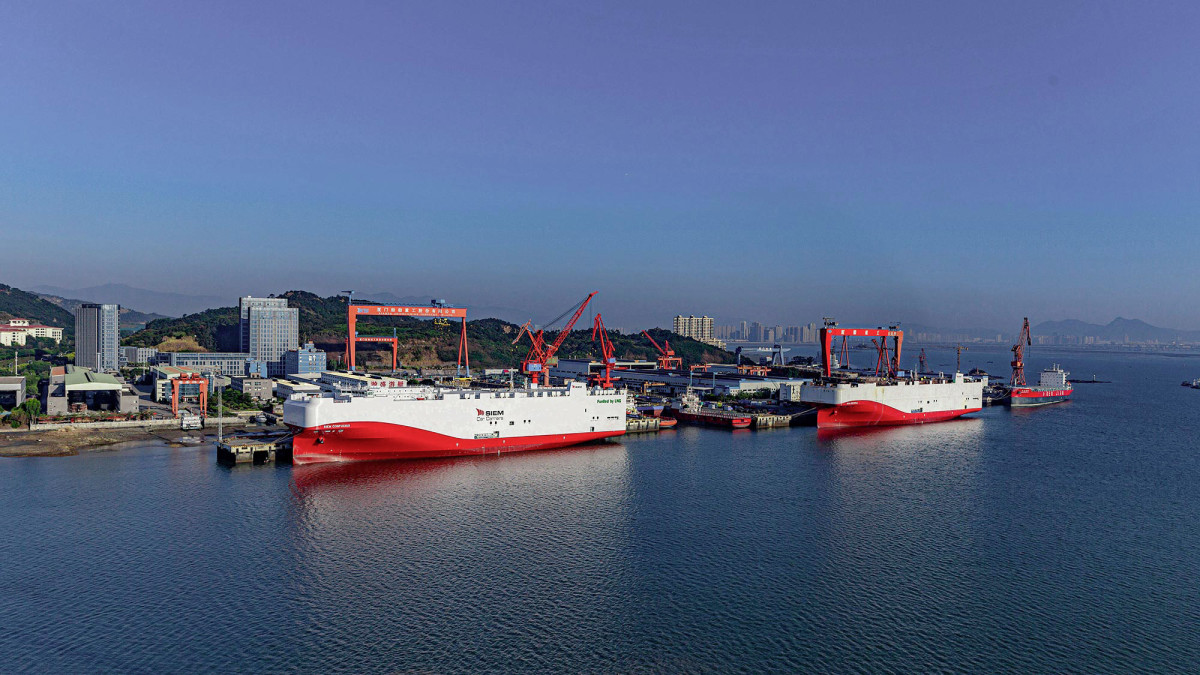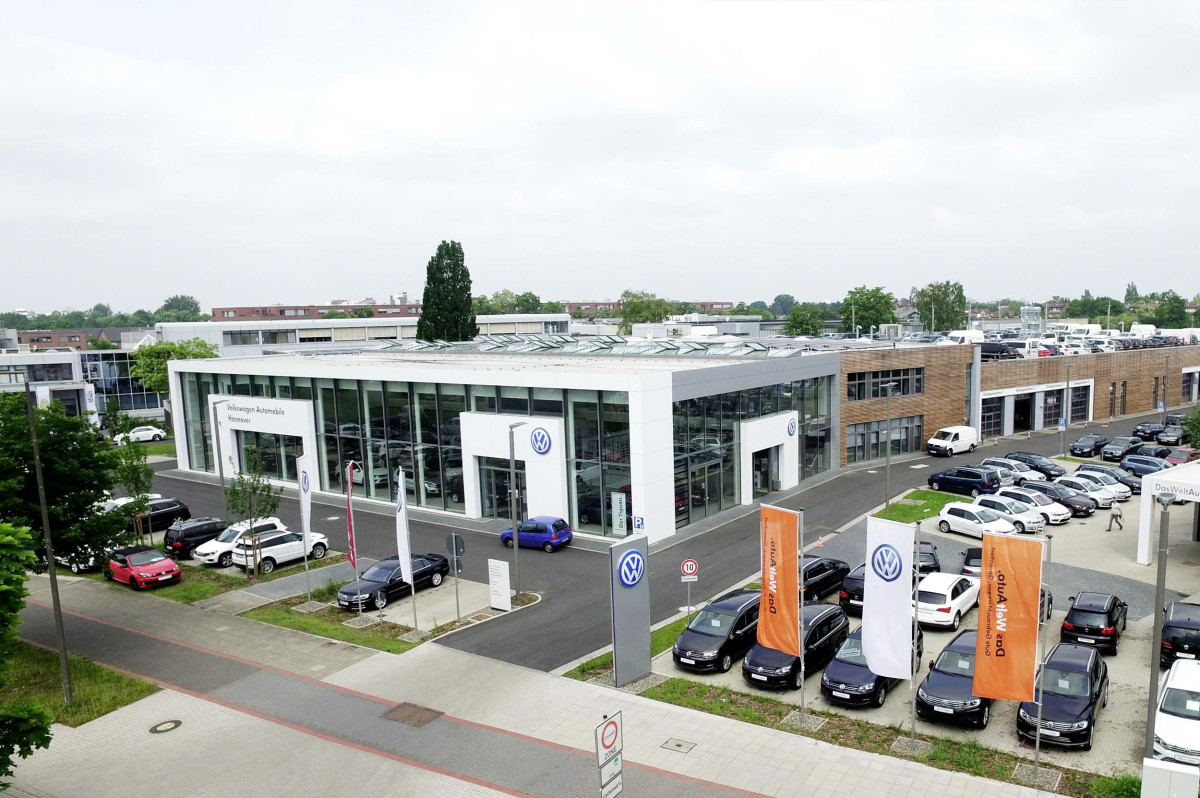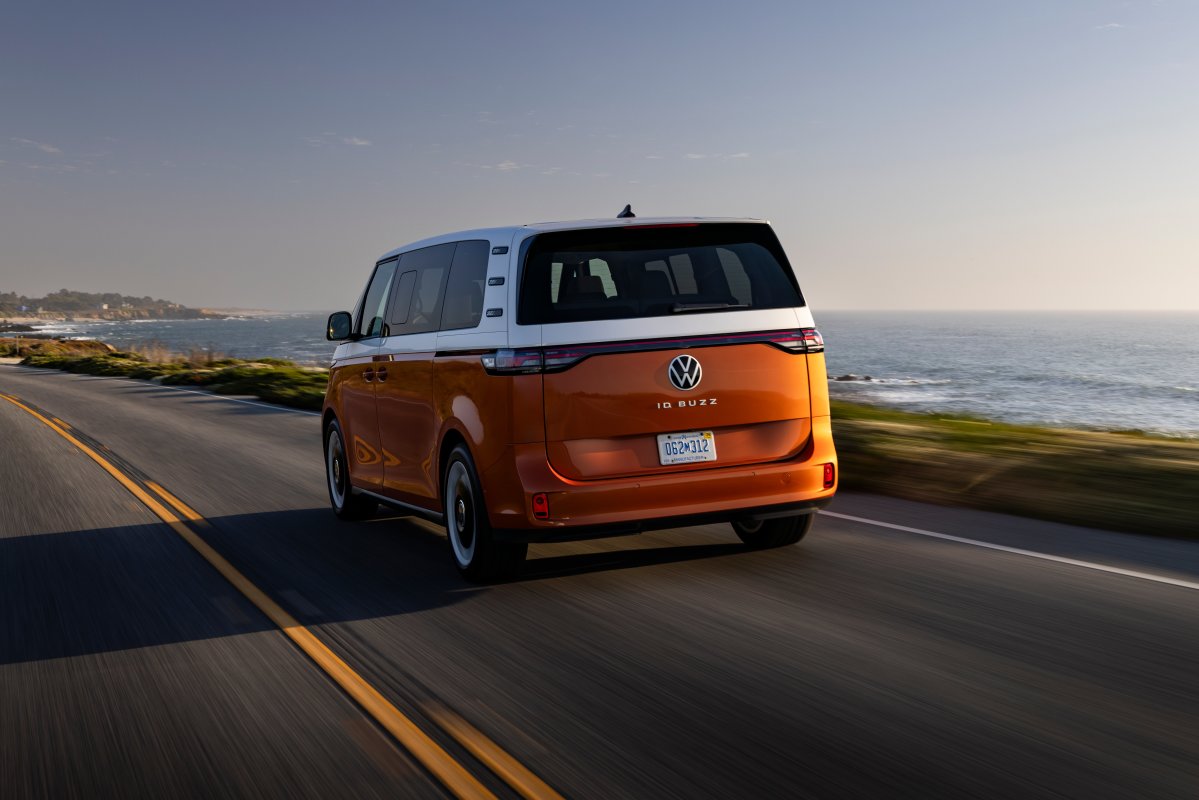VW dealers received notice late Tuesday of “temporary adjustments” to deliveries and pricing
It’s official. Tariffs are here, heavily taxing automakers seeking to import products into the United States and forcing customers looking at international brands to reconsider vehicles made domestically. VW appears to be the first major OEM to react meaningfully to these sweeping changes, and as many predicted, it seems the customer is going to feel just as much pain as the manufacturer.

Volkswagen
Volkswagen is one of the first automakers to relay pricing and delivery delays amid tariffs
The real-life ramifications of the tariffs are already unfolding. In a memo the automaker distributed to US dealerships and later obtained by Automotive News, it was revealed that all rail shipments from Mexico would be temporarily halted. Furthermore, cars arriving by ship would be held at the port indefinitely. Although the automaker did call the measures temporary, there doesn’t seem to be any firm date or timeline in place. Instead, according to the Wall Street Journal, the company has simply informed dealers that details will follow “by mid-April.”
Another measure we don’t yet have a full scope of is an “import fee” the automaker will add to the MSRP of all imported vehicles. Almost everything in the current VW lineup is imported, with only the Atlas and all-electric ID.4 being assembled stateside, in VW’s Chattanooga, Tennessee plant. All other models will receive a yet undisclosed fee that will cover, either in part or full, the 25% tariff Trump has instituted on vehicles imported from outside the US.

Volkswagen
The German automaker’s move will likely echo throughout the industry
VW’s official stance on the subject of tariffs and charging more leaves a little bit to be desired. “We want to be very transparent about navigating through this time of uncertainty,” the automaker told the Wall Street Journal. As news has trickled out since the tariffs officially went into effect, it seems most automakers are on the same page: Pricing changes, layoffs, and idling factories are just some of the ways OEMs like Ford and Stellantis have reacted. Others, like Volvo, have committed to producing more cars stateside. When you consider that over $460 billion worth of vehicles and parts are imported annually, though, one begins to wonder how feasible any of these solutions are in the grand scheme of things.

Volkswagen
Final thoughts
Somewhere around half the automobiles purchased annually are imported, but that number is likely to change as automakers adapt to a wildly different retail environment. While strategies will no doubt vary by brand, the end result will be the same: a marketplace with less diversity and higher price tags. Of German automakers, VW sold the most cars in the US last year, followed by BMW and Mercedes-Benz. While we haven’t heard about ironclad plans from either one of those automakers, it’s nearly guaranteed that they’ll “press pause” in a similar fashion.